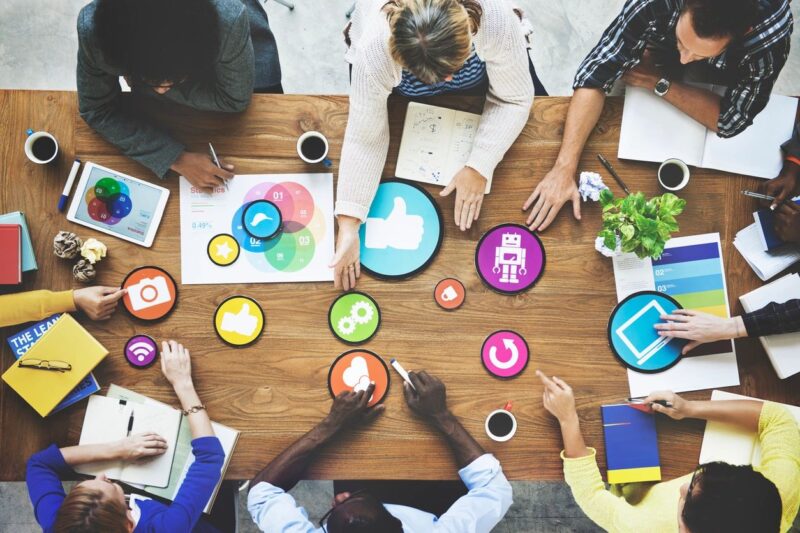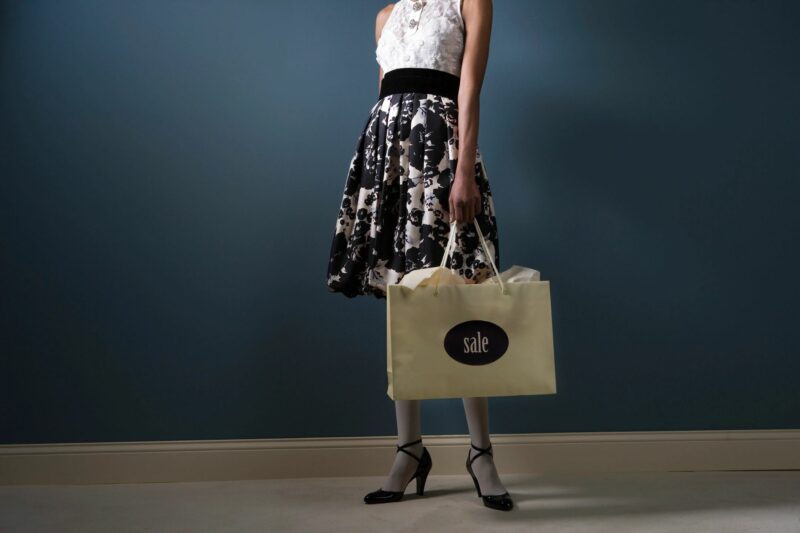What is the bystander effect?
Good question.
In simple English, the bystander effect means that in times of distress or when the time comes when”someone” needs to take action, if there are a lot of people present, everyone will assume “someone” else will take action, and no one will take that “action”.
People would think,
“Someone is taking care of it, so I don’t really have to do anything about it.”
Read More








